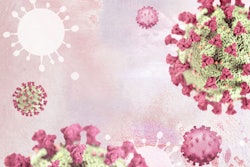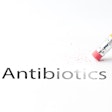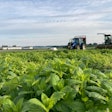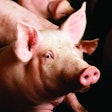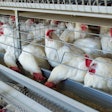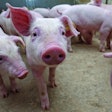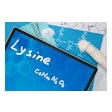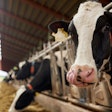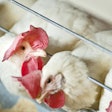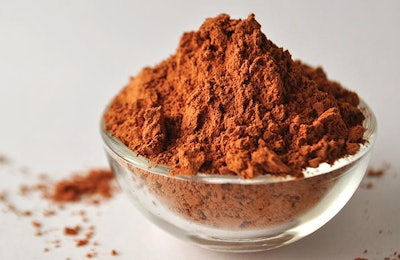
Using leonardite as a feed additive promotes piglet growth, health in Italian trial
Dirt — or leonardite derived from dirt — may contain the feed additive of the future, according to a recent Italian study.
Leonardite is a dark, granular substance derived from microbial decomposition processes and mainly composed of humic substances and minerals, according to Stefania Sotira, a researcher at the University of Milan and part of the team behind the recent study, which will be published next month in the journal Animal Feed Science and Technology. Leonardite is already authorized as a feed ingredient in the EU, and humic acids, one of the main components of leonardite, are used by veterinarians to treat gastrointestinal problems.
Sotira said her team began investigating leonardite while looking for innovative feed additives that could be used to reduce dependency on antibiotics. Previous studies, she said, had identified potential anti-diarrhea properties in leonardite that suggested the substance held promise, particularly for swine farming. However, while considered safe for use as a feed additive, its functional properties had not been fully explored by previous scientific work, Sotira said.
The team, comprised of researchers from the University of Milan and Catholic University of the Sacred Heart and funded by the Lombardy Region FOODTECH project and European Regional Development Fund, separated piglets into two groups. Only one received leonardite as a feed additive. Those that received t the leonardite grew faster than the piglets that did not. Additionally, the piglets fed leonardite had more “good” cholesterol HDL in their blood, and had a greater diversity of microbes in their gut flora.
“It is well known that an intestine rich in different species of bacteria without imbalance and prevalence of specific species contributes to better digestion,” Sotira said in an email.
But it’s not yet clear why leonardite appears to promote growth and health in piglets. Sotira suspects the gut health component is the key function, but that requires further research, she said.
“We suggest that leonardite could help the animal to improve its health, in particular with a positive effect on the gut’s health and efficiency,” she said. “In general, we know that increasing health and gut efficiency, decreasing pathogens and incidence of disease, and improving the intestinal barrier and function [helps the animal] to better exploit the nutrition of the diet.”
Because it is already approved and considered safe as a feed additive, the study authors recommend the a .25% inclusion of leonardite in piglet diets. However, that recommendation comes with some caveats, according to Sotira. Because leonardite is a natural product that varies in composition depending on origin, latitude and other factors, different soils can produce leonardite with diverse properties. Leonardite may also be a relatively expensive option compared with other feed additives, she said.



